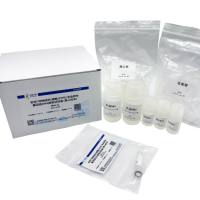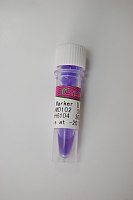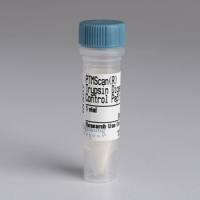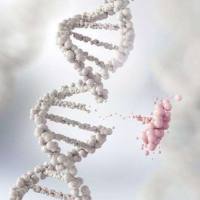Microarray Profiling of DNA Extracted from FFPE Tissues Using SNP 6.0 Affymetrix Platform
互联网
753
High-density oligonucleotide microarrays are commonly used for GWAS studies as well as for tumor genome alteration identifications. The recent Affymetrix Genome-Wide SNP 6.0 microarray generation has two major advantages: (1) showing high genome coverage and (2) starting with very small amount of DNA material. The hybridization protocol needs to be standardized and highly reproducible, as DNA is first digested by restriction enzymes and then PCR-amplified to reduce genome complexity. Especially the restriction digestion step is highly sensitive to degradation of the initial material. The stronger the sample is degraded, the lower the number of restriction sites still present in the genome, and hence the less-efficient amplification step.
Paraffin-embedded material generally only allows to extract partially degraded DNA, and therefore is difficult to analyze using SNP array technology. We and others (Jacobs et al., Cancer Res 67:2544–2551, 2007; Tuefferd et al., Genes Chromosomes Cancer 47:957–964, 2008) have shown that target preparation protocol can be adjusted to improve hybridization performances. The final in silico data analysis procedure should be modified accordingly to extract most of the biological information from the signal measured. By optimizing these crucial steps, it is possible to use Affymetrix SNP array 6.0 �technology in the context of genome variation, even for FFPE partially degraded material. This opens a lot of potential for large retrospective series of samples.









